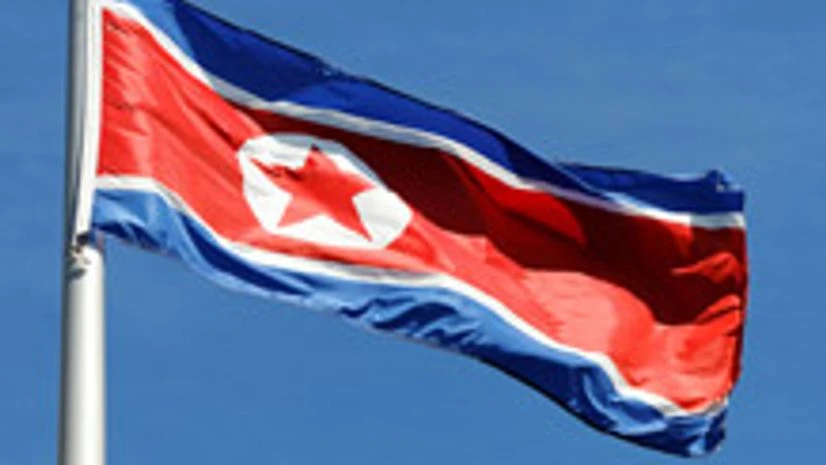Satellite imagery analysis suggests North Korea may be preparing a long-range ballistic missile launch, Japan's Kyodo News reported today, citing a Japanese government source.
Imagery collected over the past several days suggested the launch from the western Dongchang-ri site could come in about a week, Kyodo said.
While the report did not provide any details on the source of the analysis, Japan's key security ally the United States regularly monitors North Korea from space while Japan itself in 2003 began its own satellite monitoring of the country.
More From This Section
He added, however, that South Korea's military was monitoring for any signs of a long-range missile launch.
The report came as the international community discusses further sanctions against Pyongyang for conducting its fourth nuclear test earlier this month.
"The reclusive country's supposed action could be aimed at flouting the (UN security) council and any plans among its members to tighten sanctions over the latest nuclear detonation," Kyodo said in its report.
Washington is pushing for a strong United Nations response, including enhanced sanctions, to respond to the North's latest atomic blast.
But China, North Korea's chief diplomatic protector and economic benefactor, is reluctant, despite their ties becoming strained in recent years as Beijing's patience wears thin with its neighbour's ambitions for nuclear weapons.
US Secretary of State John Kerry met with his Chinese counterpart Wang Yi in Beijing yesterday and said they had agreed to mount an "accelerated effort" to try to resolve their differences on a new resolution.
But Kerry, who said nuclear-armed North Korea poses an "overt threat, a declared threat to the world", acknowledged that the two had not agreed on the "parameters of exactly what it would do or say".
Pyongyang said the blast earlier this month was a miniaturised hydrogen bomb, though experts have largely dismissed the claim.
The South Korean defence ministry's Kim added that officials were on guard for any changes in North Korea's previous behaviour.

)
